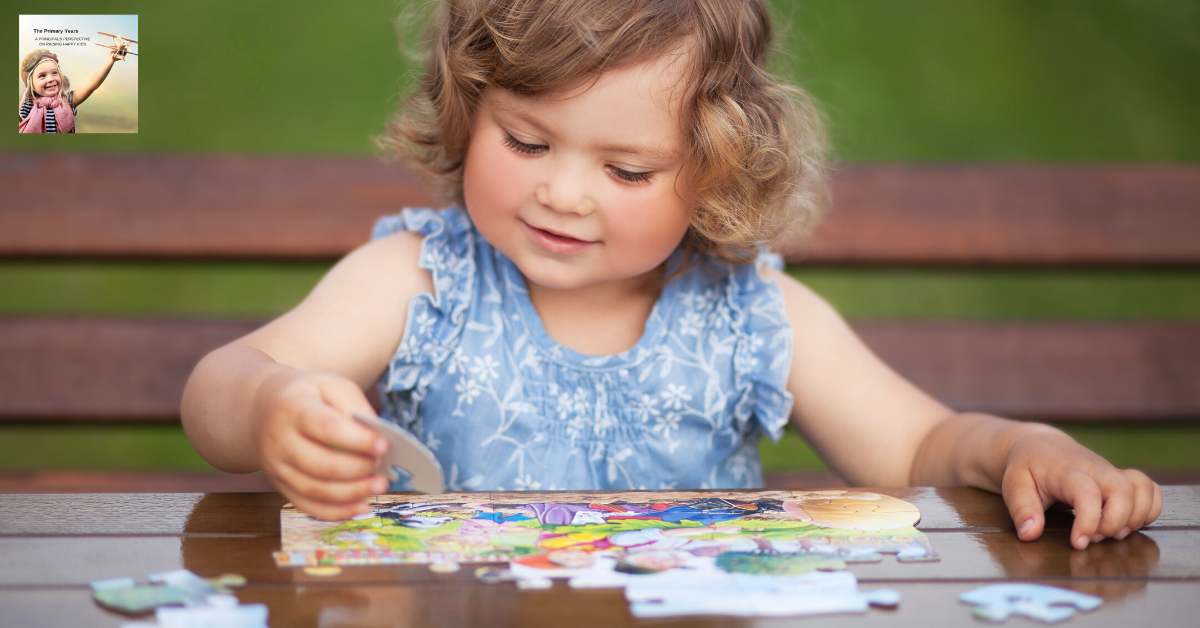Problem solving – it’s a great way to support our children’s learning
Parents often ask teachers how can I best help my child learn?
A child’s intellectual development is influenced by many factors, not the least of which is the support given by parents who are actually the first educators of their children. By the time a child is at school, their understanding of the world has grown immensely and most of this is through parental education, family influences etc.
What is most helpful to a child is to learn how to learn and, in this area, a parent can be a powerful influence. This is about setting up situations where you encourage your child to explore optional answers. You encourage them to look for alternative methods to solve problems. Simply giving the child answers, is not encouraging their inquiring attitude to learning.
If a child develops from an early age that finding out information themselves is satisfying, they will continue to rely on their own resources, which will grow into quite a knowledge bank. They will also grow more intellectually independent and feel confident in their own abilities to search for the answers. They will not rely on others. This is independent thinking and is all about learning how to learn. It is about being in control of your own learning.
Here are some thoughts on how to help your child develop independent skills in problem-solving.
When you child asks a question throw it back to them.
“What is important to know here?”
“What do you know so far about that issue?”
“Why is that issue worth knowing?”
This is all about questioning their interest and getting them to reflect on why they want that knowledge. How useful will that knowledge be to their problem?
Ask the child how they would go about getting the necessary information. Here is a time to guide them giving them some direction in where else to look. Once the child has researched the problem, find out what they have learnt to date and suggest other aspects of the problem which could be considered.
“It looks like you have great information there. I was wondering have you also looked up google etc….”
This is all about questioning the value of the information they have gathered and exploring other points of reference in which the child can research.
Finally, you may ask, “Have you reached a clear understanding of that situation? Tell me about it.”
All these tactics are encouraging your child to question, probe and leave no stone unturned, to come to a conclusion based on good research. Note how you are not solving the problem but assisting the child in discovering a process to follow. You are not making judgements on how they research the problem, but certainly you can encourage them at an appropriate time to think of alternative ways to look at the problem.
In working with children, teachers always start by posing questions and from that question, the real work of problem-solving begins. The joy in this process is that the child is fully engaged and keen to seek out information themselves. For them, it is so rewarding to be in charge of solving the problem. As a parent being a catalyst in encouraging open thinking and an inquiring mind in your child, is, in fact, teaching them how to learn. This is a lifelong process for all of us.
“All the world is a laboratory to the inquiring mind.”



















